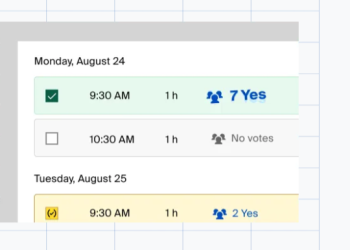The advent of the sharing economy has disrupted and transformed conventional industries, fostering both opportunities and challenges. Let’s delve into its impacts on traditional sectors:
Introduction to the Sharing Economy
- Defining the Sharing Economy: The sharing economy, characterized by peer-to-peer exchanges facilitated by digital platforms, has revolutionized how goods, services, and assets are utilized and accessed.
- Key Elements: Platforms like Airbnb, Uber, and TaskRabbit enable resource sharing, allowing individuals to monetize their assets and skills, challenging traditional business models.
Impacts on Traditional Industries
- Hospitality and Accommodation: Sharing economy platforms offering short-term rentals have disrupted the hotel industry, altering accommodation preferences and guest experiences.
- Transportation and Mobility: Ride-hailing services have altered commuting patterns, impacting traditional taxi services and prompting debates on regulatory frameworks.
- Retail and Consumer Goods: Peer-to-peer marketplaces and rental platforms have reshaped retail, impacting sales of new products and shifting consumer behavior towards access over ownership.
- Services and Freelancing: Gig platforms have transformed the labor market, enabling freelancers to access work opportunities and challenge traditional employment structures.
Challenges and Opportunities
- Regulatory Challenges: The sharing economy has faced regulatory hurdles and debates over labor rights, taxation, safety, and fair competition, posing challenges for industry regulation.
- Innovation and Adaptation: Traditional industries are compelled to innovate and adapt to changing consumer preferences, embracing digital technologies to compete in the sharing economy landscape.
Consumer Behavior and Market Disruption
- Shift in Consumption Patterns: Consumers increasingly prioritize experiences over ownership, favoring convenience, affordability, and personalized services offered by sharing platforms.
- Market Disruption: The sharing economy disrupts established markets by providing cost-effective, on-demand services, challenging incumbents to rethink their business models.
Community and Economic Impact
- Community Engagement: The sharing economy fosters community interactions, promoting trust, collaboration, and social connections among individuals participating in peer-to-peer transactions.
- Economic Opportunities: Despite challenges, the sharing economy generates income opportunities for individuals, enhances resource utilization, and contributes to economic growth.
Conclusion
The sharing economy continues to reshape traditional industries, driving consumer preferences towards shared access, convenience, and personalized experiences. As this innovative economy evolves, industries are compelled to adapt, innovate, and strike a balance between embracing disruptive technology and addressing associated challenges for sustainable growth.
















